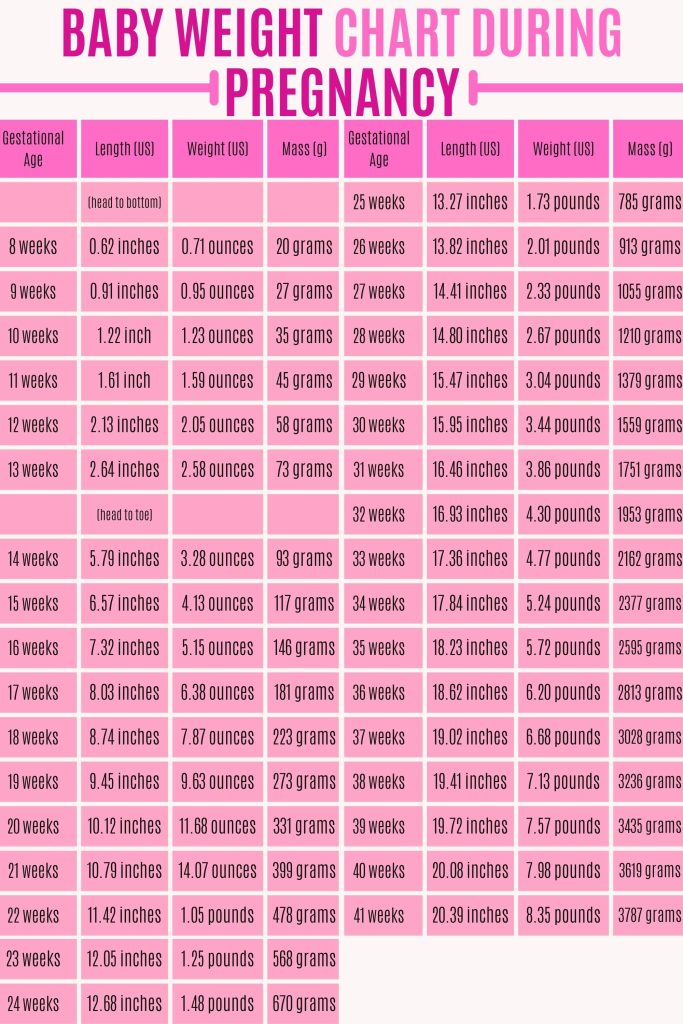During pregnancy, we (also) get the question, “How is your weight?” Maybe: “Have you really put on so much weight?” The social pressure on women’s weight is real, but when we get pregnant, it suddenly seems more important than ever. And in this case, we’re not talking about conforming to a beauty ideal but about a factor that can actually influence birth.
So let’s try to understand why controlling weight, eating well, and exercising are crucial (not only) during pregnancy.
Being pregnant is often described as a delicate balancing act, as mums-to-be must maintain a healthy weight gain while ensuring the well-being of their developing baby.
The weight you can gain during pregnancy depends on your pre-pregnancy weight. If you start your pregnancy at an average weight, you can expect to gain between 25 and 35 pounds (11-15 kg) during these nine months.
Healthy Birth Outcomes
Adequate weight gain during pregnancy helps reduce the risk of complications (preterm birth and low birth weight) during birth and is strongly correlated with better birth weight outcomes for babies. This will give your newborn a healthier start. Poor weight gain is connected with an increased risk of low birth weight.
Develop and Grow

If your weight gain during pregnancy is less than the recommended, there is a risk that your baby will be too small. Some babies born too small may have difficulty breastfeeding, may be at increased risk of illness, and may have developmental delays.
More than the recommended weight gain is associated with having a baby that is born too large. This can lead to complications at birth, cesarean sections, and childhood obesity. Suppose you gain more than the recommended amount of weight. In that case, it can also increase the amount of weight you carry after pregnancy, which can lead to obesity.
Mama’s Weight and The Baby’s Long-Term Health
Research says, that a mother’s weight during pregnancy significantly impacts the long-term health of her offspring. A mother’s diet and overall health during pregnancy and the first 1,000 days of life can have a long-term effect on her child’s well-being and health (immune system, organ development, and metabolism), affecting their physical and mental well-being throughout their lives.
Monitoring Baby’s Weight: Growth Chart
Growth charts – which consider maternal height, weight, and ethnicity – are great tools for monitoring your baby’s growth during pregnancy. These can predict your baby’s growth potential and indicate optimal gestational weight. They are better at identifying pathological growth and confirming when growth is expected.
Below is a chart showing weekly data on the baby’s length and weight.

Balanced Nutrition and Lifestyle – Not Just for You
So, as we discussed, the ideal baby weight also depends on the mother’s weight. Combine a balanced diet with a healthy lifestyle and voila, your well-being will make your baby well.
Like it’s so easy, I know.
Please consider the chart numbers only as guides, not mandatory goals. Your doctor, and nurse practitioner are there for you, turn to them if you have any questions. Don’t expect yourself to know everything. Do your research, ask the professionals, and get some help. And I mean that. Professional help will guide you through the most challenging times and save you time, worry, and hassle.
Motherhood is a very long, lifetime commitment, so get ready for the marathon with the resources you need.
ALSO READ: Best Speech Delay Exercises to do at Home







